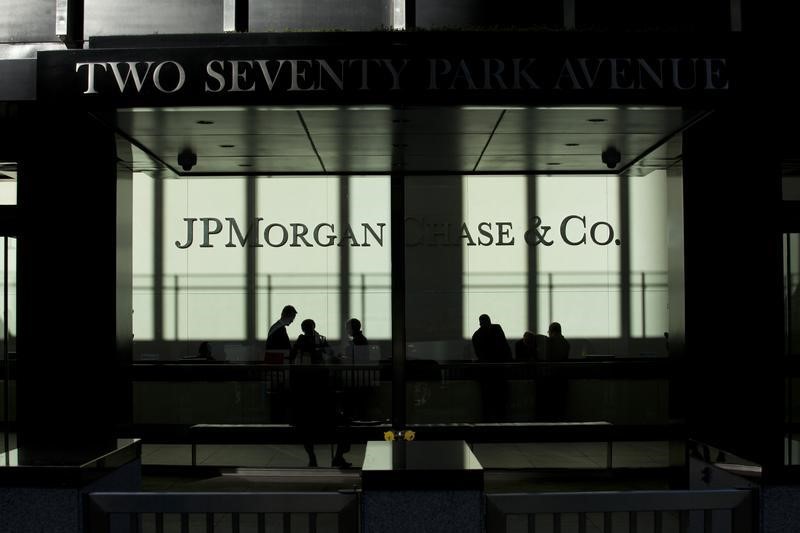JPMorgan analysts said in a note to clients Monday that they believe it is still premature to prefer Eurozone equities over the US.
Despite the S&P 500's notable performance, driven primarily by the "Mag-7" stocks, the bank says the equal-weighted index (SPW) has seen a modest 6% increase, peaking in March.
Similarly, they state the Eurozone's SX5E index also peaked in March. JPMorgan notes, "It is probable that the divergence peaks, but that could happen through winners stalling and not through laggards rallying."
The analysts highlight that the peaks in SPW and SX5E coincide with a deteriorating growth-policy tradeoff.
They explain that since March, Fed futures have indicated higher rates for a longer period, while activity data began to show a downturn relative to optimistic expectations. This challenging macro tradeoff is expected to persist.
"Consumer spending and labor markets are softening, while at the same time the PMI rebound that was in force earlier in the year stalled," analysts state.
They add that the Fed's anticipated rate cuts, which may commence in September, will likely be due to softer labor markets rather than solely falling inflation. This shift from pre-emptive to reactive cuts may result in the Fed falling behind the curve.
The slowing growth is anticipated to impact earnings in the second half of the year, with expectations for Q3 and Q4 at a "punchy" 13-15% year-over-year EPS growth rate. This could be challenged by weaker corporate pricing, slowing top lines, and declining consumer activity.
JPMorgan continues to favor Growth over Value, stating, "For the leadership to broaden, one needs to see a genuine reflationary push," which is currently not evident.
They remain bullish on Defensive sectors, particularly Utilities and Real Estate, and suggest getting more constructive on selected small caps in the UK and Eurozone.
While JPMorgan sees potential in the Eurozone, they caution, "it is too early to OW Eurozone vs the US," but a good opportunity might present itself in the second half of the year if certain conditions align, such as stabilized French politics and the absence of headwinds from USD and tariffs.
